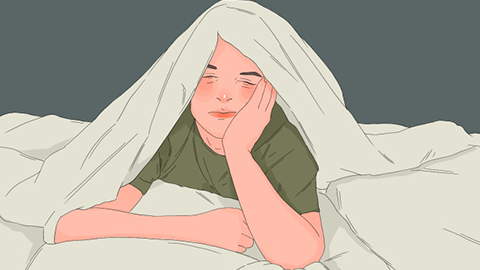What are the symptoms of hormonal imbalance in men?
Generally, the main symptoms of male endocrine disorders include decreased energy levels, increased hair loss, reduced sexual function, significant mood swings, and abnormal weight changes. If discomfort symptoms appear, it is recommended to seek timely diagnosis and treatment at a regular hospital. Detailed analysis is as follows:
1. Decreased Energy Levels
Endocrine disorders can affect the hormone regulation of energy metabolism, leading to reduced efficiency of energy conversion in the body. Patients often feel physically weak and mentally depressed, with fatigue difficult to relieve even after rest, affecting daily activities and work.

2. Increased Hair Loss
Abnormal secretion of androgens is a common cause. Hormonal imbalances can affect hair follicle health, leading to follicle atrophy and shortened hair growth cycles. Patients may notice significantly increased hair loss when washing or combing hair, with thinning hair on the top of the head or along the hairline.
3. Reduced Sexual Function
Abnormal secretion of sex hormones such as testosterone can affect the function of the reproductive system, leading to decreased libido. Some patients may experience erectile dysfunction or ejaculation abnormalities, which can directly impact sexual quality of life and even affect psychological well-being.
4. Significant Mood Swings
Endocrine disorders can interfere with the balance of neurotransmitters and affect the emotional regulation center. Patients may easily become anxious, irritable, or depressed, lose interest in previously enjoyable activities, and experience emotional changes without obvious external triggers.
5. Abnormal Weight Changes
Hormonal imbalances can disrupt the body's metabolic rhythm, potentially causing fat metabolism disorders. Some patients may experience unexplained weight gain, particularly evident in abdominal fat accumulation; others may experience rapid weight loss due to increased metabolism or abnormal appetite.
In addition, some patients may also experience increased sebum secretion, frequent acne breakouts, decreased sleep quality, or insomnia with frequent dreams. If the above symptoms are observed, it is important to maintain a regular lifestyle and avoid staying up late. A balanced diet with reduced intake of high-fat and high-sugar foods is also recommended.









